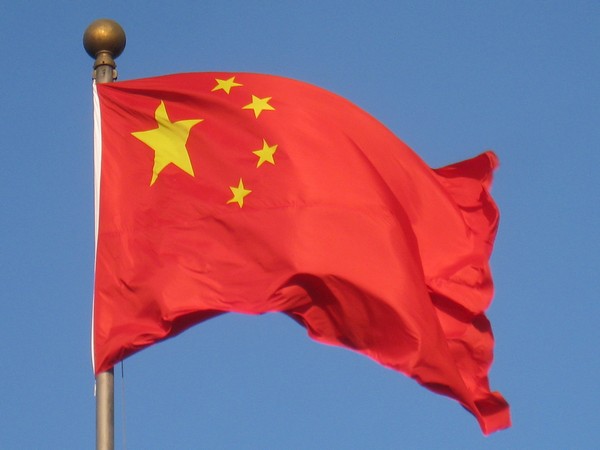Amid the ongoing 20th National Party Congress, Beijing has started reinforcing tight control over the highly surveilled Tibet autonomous region and the authorities continue to increase their repression in the name of the Zero-Covid policy.
Chinese leader Xi Jinping opened the ruling Communist Party’s twice-a-decade National Congress on Sunday. Regional experts say that Chairman Xi Jinping will undoubtedly extend his term in power for another five years, according to Tibet Rights Collective.
He will either be re-elected as general secretary of the CCP or will be newly elected as chairman of the CCP, a title that has lain dormant since 1982 and was once the highest position ever held by Mao Zedong. The congress is taking place at one of the most perilous periods in international affairs in recent years. A war is raging in Ukraine as President Vladimir Putin attempts to burnish his credentials as a great Russian leader, and China remains a staunch supporter of this would-be tsar.
Meanwhile, the Chinese Communist Party (CCP)’s atrocities in Tibet continue to take place as minorities are at the receiving end of the repressive Chinese government policies, especially the Uyghurs.
Recently, a new Human Rights Watch report pointed towards DNA collection drives by CCP among Tibetans in and outside Tibetan Autonomous Region from children as young as five years old without consent which clearly explains the possible implications of Xi Jinping’s re-election on Tibet and Tibetans.
Moreover, Beijing’s quest to sinicize Tibetan Buddhism in compliance with Chinese policies, which they refer to as “Socialism with Chinese Characteristics” also explains how the election of the Chinese premier for the third term will prove for Tibet.
In 2021, Xi Jinping made an unannounced visit to Tibet and was the first Chinese President to do so in 30 years. Not only this, but he also visited the region during his vice-presidency, to mark the 60 years since the Communist takeover, and gave an aggressive speech from Potala Palace, promising to “smash anyone who attempts to destabilize Tibet, according to Tibet Rights Collective.
Also, when Xi Jinping began his second term without designating a successor as party leader, China scrapped the two-term limit on the presidency, paving the way for Xi to rule for life if he chooses.
Since China illegally occupied Tibet in the 1950s, the brutality of the Chinese Communist government on the people of Tibet started and turned the lives of the Tibetan people into a living hell.
The lack of basic human rights is also an issue that has been raised on every occasion to gain the attention that it deserves on international platforms. But sadly, it has never been considered a case worthy of being seriously taken up by organizations such as the United Nations. (ANI)
Read More:http://13.232.95.176/
